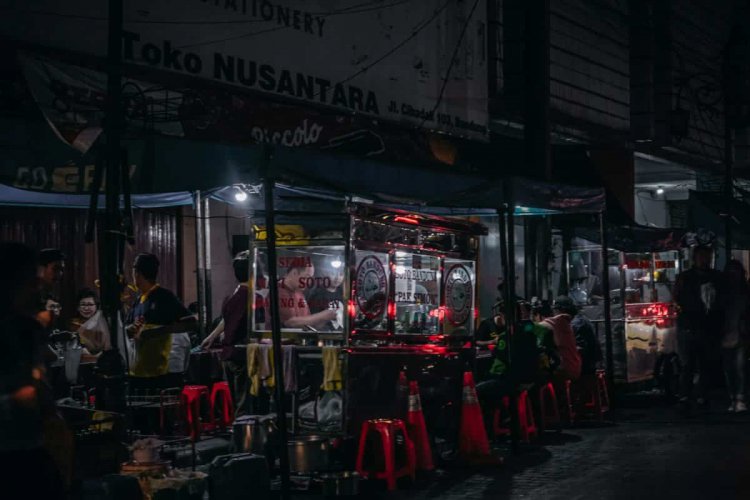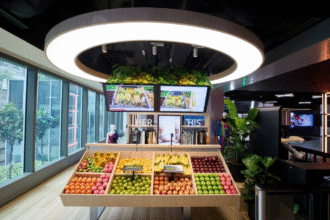Large Scale Social Restriction (PSBB) in some cities and regencies, including other local governments’ restriction policies, to reduce community activities in pandemic time, are able to decrease mobility. People expect a huge increase in activity frequency in the coming New Normal era. But, a survey conducted by Lifepal.co.id shows that people’s activity in the Special Capital Region of Jakarta will not 100% recover in New Normal.
According to the survey, there will be a significant drop in activity frequency compared to the pre Covid-19 pandemic time. People plan to reduce activity frequency in public places susceptible to Covid-19 transmission.
Random sampling is used in this survei towards 561 respondents domiciled in the Special Capital Region of Jakarta and people who commute to work and study in Jakarta. Respondents are asked to give estimated frequency of each activity in public places in New Normal (planned to be effective in July 2020).
The survey result shows that activities in public places will drop up to 58%.

PSBB pushes people to study and work from home. But, the New Normal plan seems not to encourage them to be fully mobile just like before the pandemic.
The survey shows that activity in school and college premises will not be 100% recovered. The Minister of Education, Nadiem Makarim also stated that even though schools in green zones may reopen, parents are allowed to choose not to let their children study in school premises if they feel it’s not safe for them.

Shopping activity in mini markets, supermarkets, or indoor shopping facilities will recover 58%. But, dining in at restaurants, both indoor and outdoor will only recover not more than half than before.
People tend to avoid to dine in at indoor restaurants and prefer to eat their meal at home. Besides, in the New Normal, restaurants will be only allowed to fill half of its space capacity for dine-in customers at a time while still counting on delivery services.

Those two kinds of activity seem to recover not more than 30%. Epidemiologist Dr. dr. Tri Yunis Miko Wahyono from University of Indonesia said that the spread risk of Covid-19 in indoor sports facilities is quite high.


Activities in mass public transports like busway, commuter line, and MRT in the New Normal will only recover by 33.9%. This is obviously reasonable, since the current policy only allows the aforementioned public transports to take not more than a half of their full capacities.
Also on the data, we can see that people will likely use taxies or ride hailing services to go out. The recovery percentage is 44.16%, higher than mass public transport.
In general, it seems that people will likely reduce their mobility. City traffic will only recover by 40% to 45% compared to pre-pandemic time.

Crowd presence in mosques, churches, puras, viharas, etc. will not be fully recovered. Survey shows that we will only see 48.4% recovery on activities in such premises.
Lower than that, the frequency recovery percentage on social assembly and traditional ceremony will be only 36.2%.
New Normal Activity Survey

The survey was conducted with a random sampling method to 561 respondents who domiciled in the Special Capital Region of Jakarta and people who commute to study and work in this province. The sample consisted of 48% male and 52% female.
Twenty point six percent respondents are aged between 15 to 25 years old, 52.3% are aged 26 to 39, 21.5% are aged 40-55, and 5.6% are aged 56 to 74.
The respondents were also categorized into four groups. Twenty six point six percent of respondents earn under IDR5 million per month, 29.4% earns IDR5-10 million, 19.2% earns IDR10-20 million, while 24.7% earns IDR20 million or up.
Below is the summary of the survey results.


















